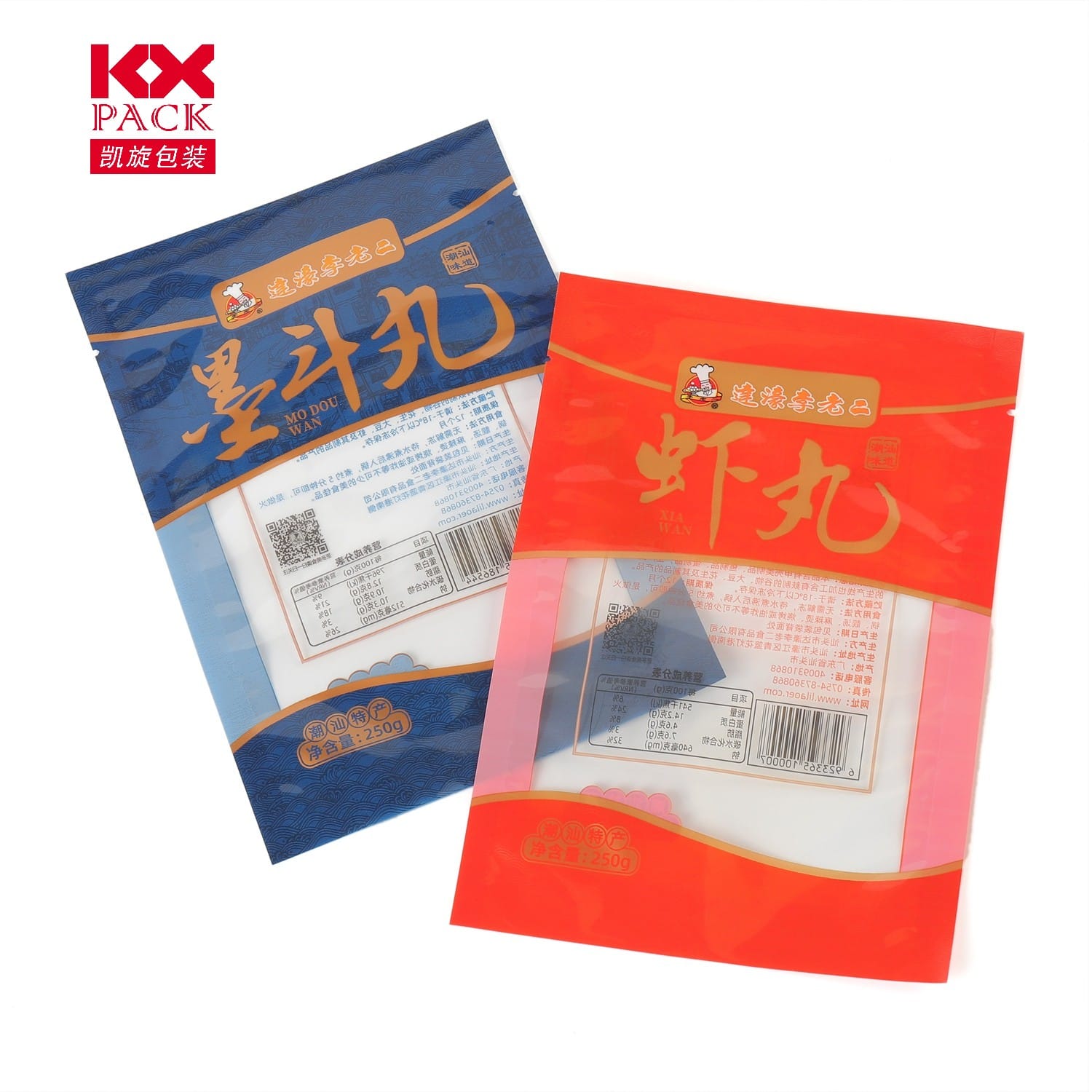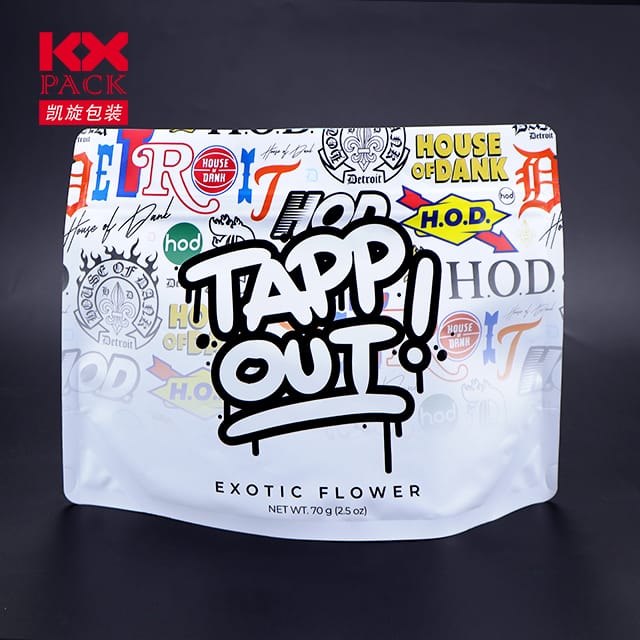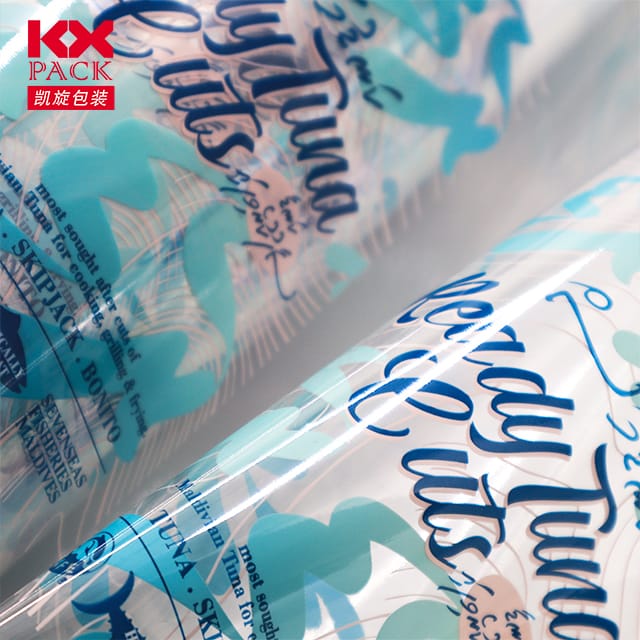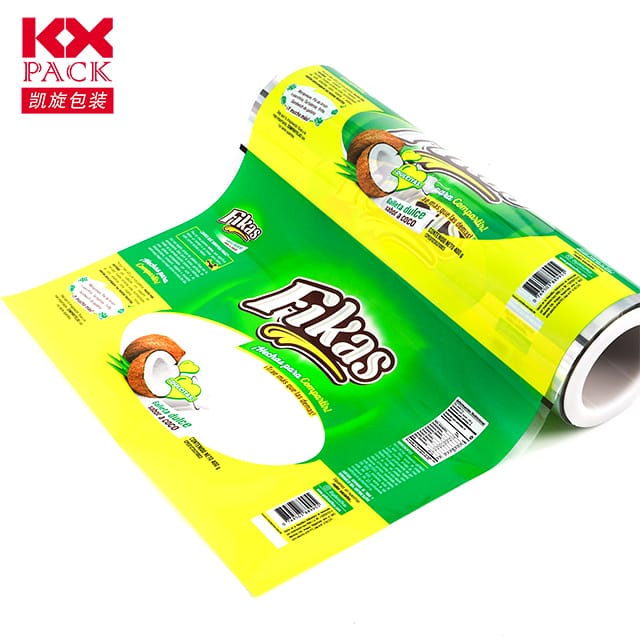Lidding -Plastikfilmrolle für Lebensmittelverpackungen: Ein Leitfaden für Exporteure in 2025
Lebensmittelverpackung
In the fast-paced global food industry, lidding plastic film rolls have become an essential packaging solution for preserving freshness, Sicherheit gewährleisten, und Verbesserung der Schelfattraktivität. Als Exporteur spezialisiert auf Verpackungsmaterialien für Lebensmittelqualität, Marktanforderungen verstehen, Regulierungsstandards, and sustainable trends is crucial for success.(Lebensmittelverpackung)
This guide explores the key aspects of exporting lidding plastic film rolls, from material selection to international compliance, helping you tap into this lucrative market.
What Are Lidding Plastic Film Rolls?
Lidding films are thin, flexible plastic sheets used to seal food containers such as trays, Tassen, and bowls. They provide an airtight barrier that protects food from contamination, Feuchtigkeit, and oxygen while maintaining flavor and texture.
Common applications include:
- Frische Produkte (salads, berries, cut fruits)
- Dairy products (yogurt, Käse, dips)
- Ready-to-eat meals (sandwiches, Sushi, pasta)
- Bakery items (cakes, pastries, bread)
- Meat and seafood (packaged cuts, smoked salmon)
Why Export Lidding Plastic Film Rolls?
1. Growing Global Demand
The global food packaging market is projected to reach$620 Milliarden von 2027, driven by rising food consumption, convenience trends, and e-commerce growth. Lidding films, insbesondere, are gaining popularity due to their:
- Kosteneffektivität (lower material usage than rigid lids)
- Lightweight design (reduces shipping costs)
- Anpassbarkeit (easy to print branding and nutrition labels)
2. Sustainability Driving Innovation
Mit zunehmenden Umweltproblemen, buyers are seekingeco-friendly alternatives wie zum Beispiel:
- Biologisch abbaubare Filme (made from plant-based materials like PLA)
- Recyclable PE/PP films (compatible with existing recycling streams)
- Kompostierbare Optionen (certified for industrial or home composting)
3. High-Profit Margins
Lidding films are a value-added product with higher profit margins compared to bulk plastic resins. By offering specialized solutions (Z.B., Anti-Tooth, high-barrier, or easy-peel films), exporters can command premium prices.(Lebensmittelverpackung)
Key Considerations for Exporters
1. Materialauswahl & Quality Standards
- Food-grade compliance: Ensure films meet FDA (UNS), EU 10/2011, or GB 4806 (China) regulations for safe food contact.
- Barriereeigenschaften: Choose films with appropriate oxygen/moisture barriers based on the product’s shelf life requirements.
- Seal strength: Test adhesion to different container materials (HAUSTIER, PP, PS, Aluminium) to prevent leaks.(Lebensmittelverpackung)
2. Zertifizierungen & Einhaltung
- ISO 9001 (Quality Management)
- ISO 22000 (Food Safety Management)
- BRC Global Standard for Packaging Materials
- REACH (EU) or RoHS (for restricted chemicals)
- Halal/Kosher certifications (for niche markets)
3. Nachhaltige Verpackungstrends
- Recyclabalität: Offer mono-material films (Z.B., All-on) for easier recycling.
- Reduced thickness: Develop ultra-thin films (Z.B., 10–15 microns) without compromising performance.(Lebensmittelverpackung)
- Post-consumer recycled (PCR) content: Incorporate recycled plastics to appeal to eco-conscious buyers.(Lebensmittelverpackung)
4. Anpassung & Branding
- Printing capabilities: Offer high-quality digital or flexographic printing for logos, Barcodes, und QR-Codes.
- Easy-peel designs: Include tear notches or perforations for consumer convenience.
- Anti-fog coatings: Prevent condensation for clear visibility of packaged food.
Top Export Markets for Lidding Plastic Film Rolls
| Region | Key Opportunities | Local Preferences |
|---|---|---|
| Nordamerika | High demand for sustainable, recyclable films | FDA-compliant, anti-fog features |
| Europa | Strict regulations favor biodegradable/compostable options | EU 10/2011, carbon footprint labeling |
| Asien-Pazifik | Rapid growth in ready-to-eat and e-commerce food sales | Cost-effective, Hochbärkerfilme |
| Naher Osten | Increasing adoption of packaged fresh produce | Halal-certified, UV-resistant films |
How to Find Buyers & Build Partnerships
- Trade shows & expos: Attend events like Interpack (Deutschland), Pack Expo (USA), or ProPak Asia (Thailand) to network with food manufacturers.
- B2B platforms: List your products on Alibaba, Thomasnet, or Kompass to reach global buyers.
- Collaborate with distributors: Partner with local packaging suppliers in target markets for faster market penetration.
- Leverage social media: Showcase your products on LinkedIn, Instagram, or YouTube with demo videos and customer testimonials.
Herausforderungen & Solutions for Exporters
| Challenge | Lösung |
|---|---|
| Fluctuating raw material costs | Secure long-term contracts with suppliers or hedge against price volatility. |
| Strict import regulations | Work with certified testing labs to ensure compliance before shipping. |
| Competition from local manufacturers | Differentiate with superior quality, faster lead times, or custom solutions. |
| Environmental concerns | Invest in R&D for sustainable alternatives and promote your eco-friendly credentials. |
Letzte Gedanken
Exporting lidding plastic film rolls for food packaging presents alucrative opportunity In 2025, driven by global food demand and sustainability trends. By focusing onQualität, compliance, und Innovation, you can position your business as a trusted supplier in this dynamic market.
Ready to expand your export business? Share your questions or experiences in the comments below—we’d love to hear from you! 🌍📦
P.S. Don’t forget to optimize your website and marketing materials with keywords like “food-grade lidding film exporter,” “sustainable packaging supplier,” oder “custom printed lidding rolls” to attract more buyers! 🚀






